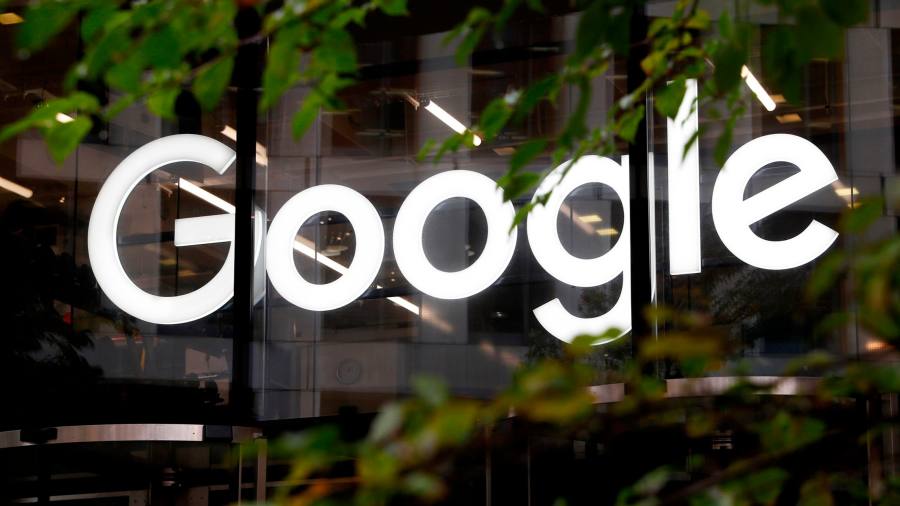Receive free Google LLC updates
We’ll send you a myFT Daily Digest email rounding up the latest Google LLC news every morning.
Google said it would shut down its Google News service in Canada and block links to news in its search engine in the country, following passage of a law that would force it to pay Canadian publishers for links to news.
The move comes after last week’s declaration by Meta that it would follow through on its promise to block links to news on its Facebook and Instagram in Canada, threatening a showdown with the Canadian government.
Canadian prime minister Justin Trudeau had accused Google and Meta, which are the only companies covered by the law, of bullying local politicians with threats to pull out.
A similar showdown over paying publishers in Australia three years ago was resolved after a last-minute change to that country’s proposed online news law, paving the way for Google and Meta to negotiate private deals with some of the country’s publishers. But Canada’s parliament has balked at efforts by the companies to water down the legislation.
Backers of Canada’s Online News Act claimed that it would lead to a “fair” sharing of the internet company’s advertising revenue with publishers.
However, Google on Thursday described the Canadian law as a “link tax” that would force it to pay up whenever any links to news from Canadian publishers appeared in its services. Kent Walker, president of global affairs, said the law was “unprecedented in putting a price on links”. He told the Financial Times it “breaks the way the internet works, it breaks the way search engines work”.
In a blog post, the company also said the law “creates uncertainty for our products and exposes us to uncapped financial liability simply for facilitating Canadians’ access to news from Canadian publishers”.
Google said it would give Canadian users access to news until the law comes into effect and that a regulatory compromise before then could still head off the news blackout.
“We continue to hope the government can find a regulatory way to fix what’s otherwise an unworkable legislative framework,” Walker said. However, he said that after eleventh-hour discussions with the government, “we didn’t get a reason to believe there’s a viable path forward here”.
Google had lobbied for changes to the law that would have made it more palatable. In contrast with Australia — where its threat to shut down its news service while that country’s online news law was being debated was seen as a heavy-handed provocation — it proposed new ways to pay Canadian publishers that it said would not have harmed its services.
While the law was designed to channel money to Canada’s news industry, the reaction by the tech companies threatens to leave the country’s publishers worse off by dispossessing them of one of their most important sources of online traffic.
According to a report on the digital news industry by the Reuters Institute and the University of Oxford, Google and Facebook at their peak accounted for nearly half of the traffic to publishers in many countries, though that proportion has fallen as other sites’ news services have become more important audience generators. Google said that according to its calculations, the traffic it sends to Canadian publishers each year is worth C$250mn.
Read the full article here




